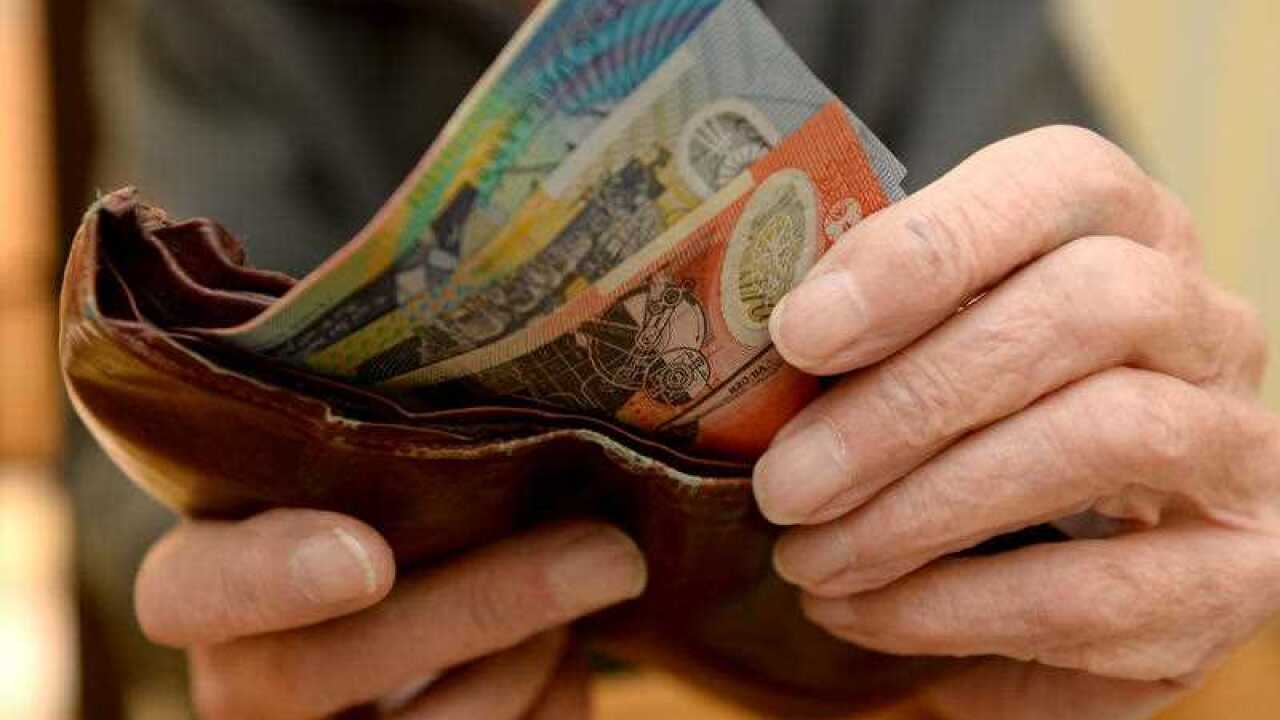Industry superannuation players are calling for changes to the system to close the retirement savings gap between men and women.
Industry Super Australia says women are retiring with around half the superannuation savings of men, and by 2055, two-thirds of single women will retire below a comfortable standard.
Melbourne manager, Melanie Lang, 31, grew up very aware of her finances.
RELATED READING:

Super changes step in right direction: FSC
"I was always raised to make sure we had enough money to stand on our own two feet and that we didn't rely on that idea that a man is not a financial plan and to make sure that we were able to be self sufficient."
While she's now married, she started salary sacrificing from a young age, but says it's getting harder.
"I've been salary sacrificing money into my super from a young age when I started work. It's hard at the moment because now we have a mortgage so you look at the trade off between money into the mortgage now versus down the track, and it is quite difficult to plan so far ahead."
Melanie doesn't have kids but knows those kinds of choices can impact her nest egg.
"I think there are a lot of opportunities for women to consider their retirement planning, especially given that most women will take time off at some point of their careers to be a primary carer, or alternatively down the track will take some time off to work part time."
Women earn less than men with the pay gap sitting at 19 per cent, says Industry Super Australia.
Industry Super Australia CEO David Whiteley says as a result, women's super contributions can be lower.
"They loose the benefit of compounding too - or some benefit of compounding, but secondly the way the super tax system works, it works against women."
RELATED READING:
Government considers super tax concessions
Industry Super wants substantial structural reform including a rebalancing of super tax contributions which currently favours top income earners.
"This means more people will come off the age pension entirely or will be on the part pension which over time of course will reduce pension costs," says David Whiteley.
He says a decision to scrap the government's $500 per year low-income super contribution for those earning less than $37,000 should be reviewed.
"Over two million women will be $500 worse off in their super, again, over their working life. That's going to add up to over $35,000, so it's a very significant issue for women and we're hopeful the government will review the decision."
It's a move supported by the Association of Superannuation Funds of Australia CEO, Pauline Vamos.
"These measures can be paid in part by putting a ceiling on the system and that's why we've been advocating to put in a cap of $2.5 million over which the system treats amounts of that significance differently for tax purposes."
ASFA also wants the superannuation guarantee extended.
"There is no one size fits all, so let's make up for the broken work patterns. What we've asked the government is to add SG to a lot of parental payments and other income payments when women are not working.
The superannuation guarantee (SG) is the compulsory contributions made by employers to their employee’s super accounts. SG currently sits at 9.5 per cent increasing to 10 per cent from July 2021 and to 12 per cent from July 2025.
Share

